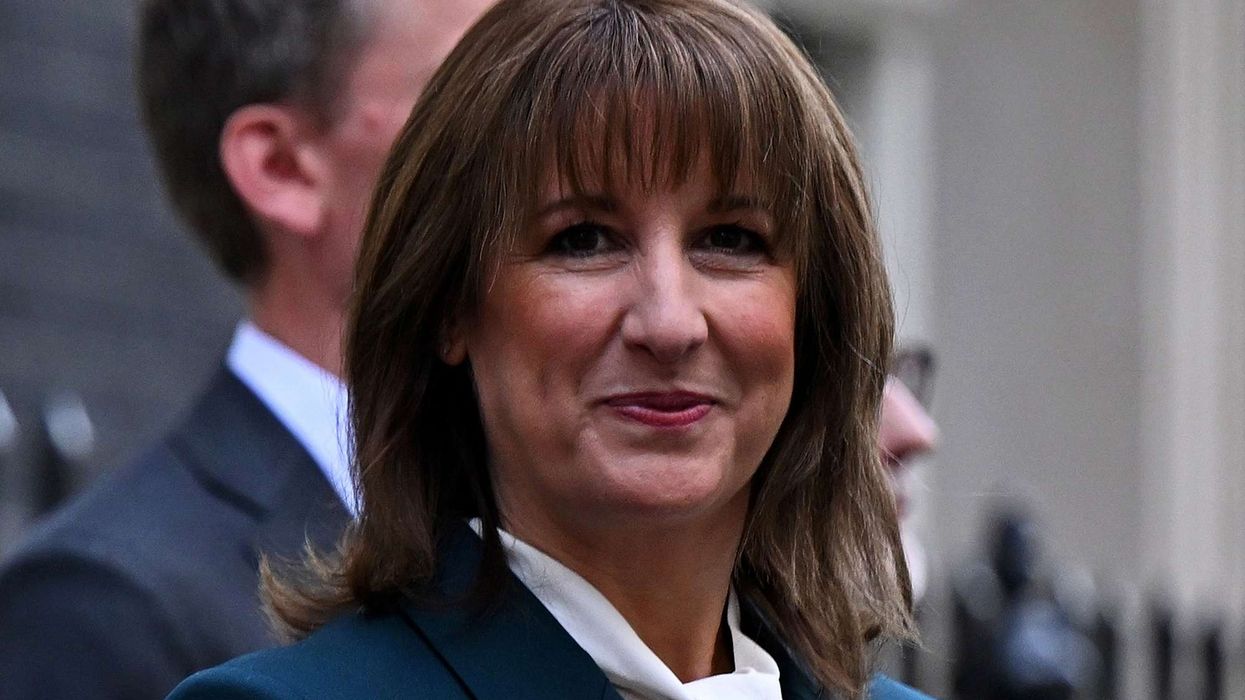Key Summary
- Patients face delays getting palliative medicines
- RPS says pharmacists must be fully integrated into care teams
- Calls for better record-sharing and faster access to urgent medicines
The Royal Pharmaceutical Society has called for involving pharmacists and their teams in palliative and end of life care.
As per the RPS, 90 per cent of the 568,613 people who died in England and Wales last year required some level of palliative care.
However, patients and their family members had to struggle to get timely access to medicines and clinical support from a skilled pharmacy team.
They face delays in getting essential medicines, experience poor communication between services and limited access to expert support in the community, especially out of hours.
RPS president, Claire Anderson, said, “Pharmacists are central to helping people stay comfortable and supported at the end of life, but too often they are working without access to vital information or key systems.”
“Our recommendations set out practical steps that governments, the wider NHS and all involved in a patient’s care can take now to ensure people receive safe, timely and compassionate care and ensure consistent, expert care throughout the last phase of life,” she added.
The RPS policy report, “Palliative & End of Life Care: Pharmacy’s contribution to improved patient care”, makes clear recommendations about supporting patients, getting timely access to medicines, access to patient records, improving education and training on palliative care and embedding pharmacists in palliative care teams.
Many of the recommendations rely on better sharing of patient records, so that multidisciplinary teams involved in a person’s care can work together smoothly.
Faster action to urgent and controlled drugs (especially out of hours), support post bereavement including medicine disposal and signposting to services, and the creation of lead paediatric palliative care pharmacist roles in every region, are some other recommendations by the RPS.
Originally published by RPS Wales in 2018, this updated policy now reflects guidance from across Great Britain.
RPS has worked with Marie Curie UK to publish The Daffodil Standards, which guide community pharmacies in delivering safe, high-quality palliative and end-of-life care.
Dr Sarah Holmes, chief medical officer at Marie Curie, said, “Pharmacists have the skills and accessibility to make care faster and easier to access for patients and their families; they’re an essential part of end of life and palliative care.”
“As a leading palliative and end of life charity, we have long called for better integration between services, so we welcome this call for urgent reform.
“Dying people need access to care that is within reach for them - right on their doorsteps - and pharmacists along with the wider NHS play a vital role in providing this,” she added.













